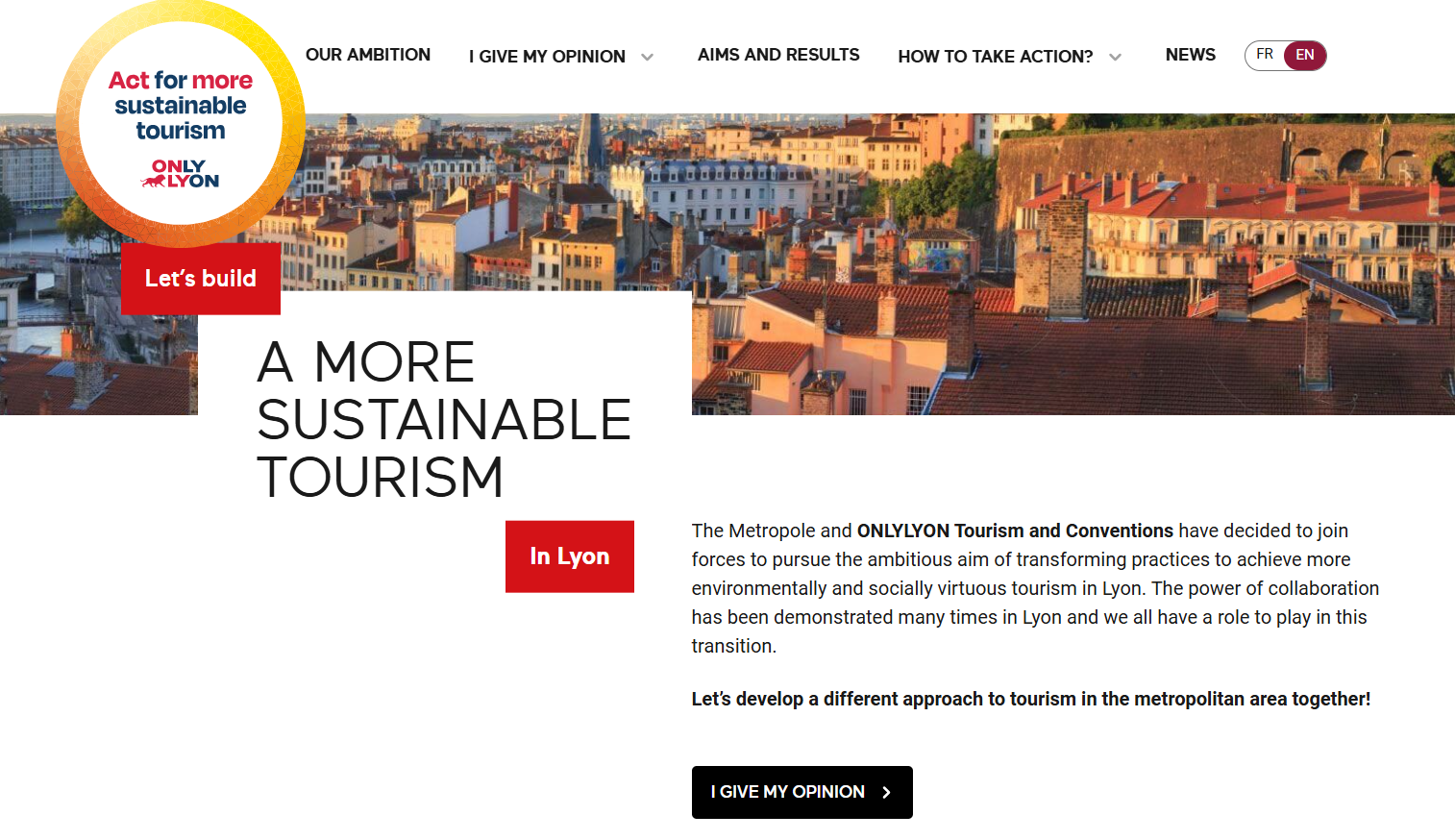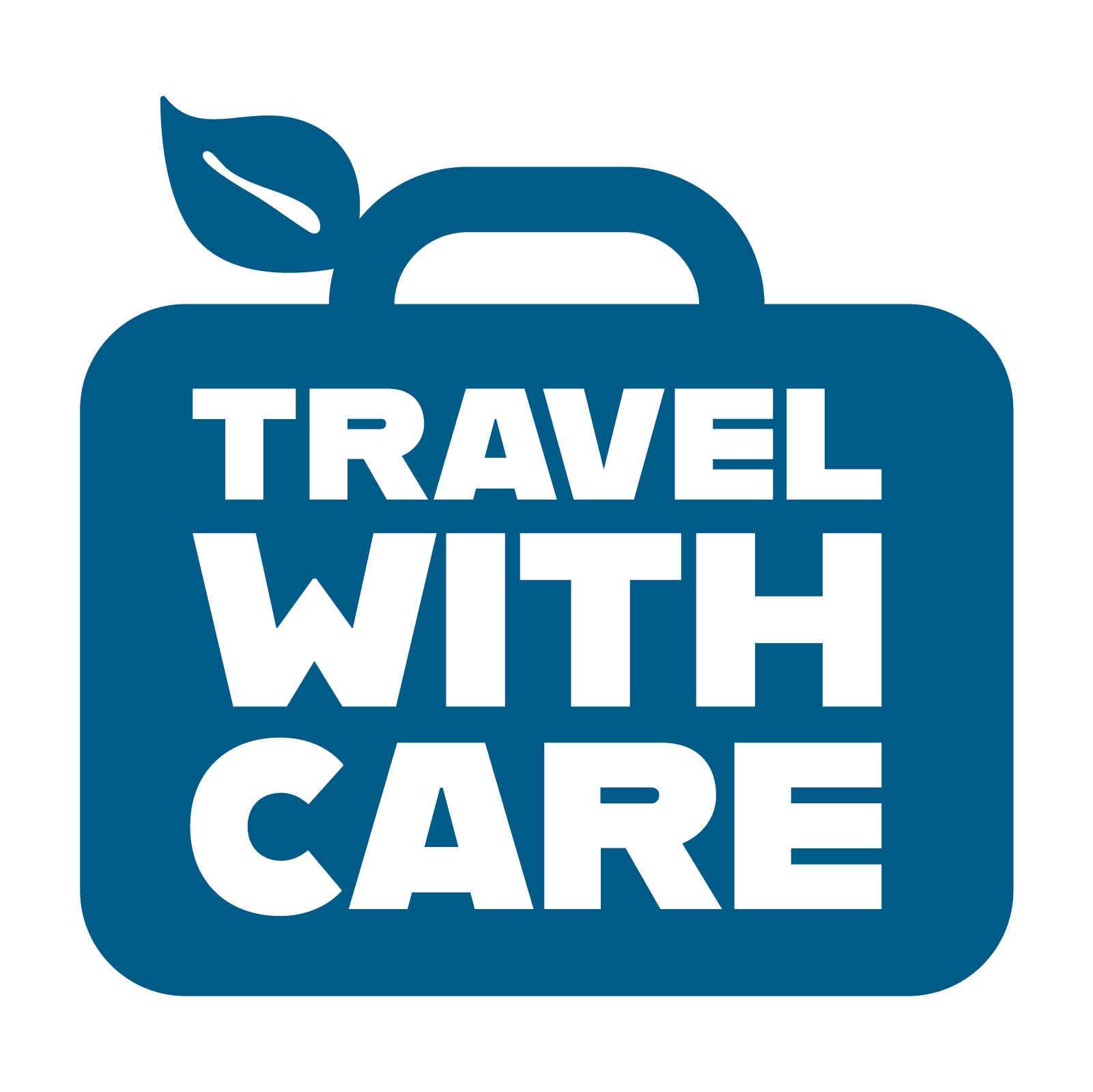
29 Apr Feedback That You Can Use
WHY COLLECT STAKEHOLDER FEEDBACK
Responsible travel starts with understanding the realities of a destination – and no one understands those better than the people who live and work there. Stakeholders such as local residents, tourism operators, and community leaders understand the nuances of their environment, culture, and values1. They understand what’s working, what’s not, and what’s needed. By listening to their experiences, DMOs can identify challenges, shape strategies, and promote behaviors that genuinely benefit the community and ecosystem2. Involving stakeholders doesn’t just uncover problems; it also uncovers local values and priorities. When stakeholders are involved in shaping responsible travel initiatives, they’re more likely to support and promote them3,4. This builds a collaborative foundation where communities feel respected and heard5,6. This leads to initiatives that help create the conditions necessary for encouraging responsible travel behaviors among visitors.
WHAT IT INCLUDES
Stakeholders in the tourism industry are individuals, groups, or organizations that have an interest in or are affected by tourism activities. They can influence or be influenced by those activities either directly or indirectly. Who are stakeholder groups in the tourism industry? Stakeholder groups include, but not limited to:
- Tourists, the consumers of tourism services
- Residents and Communities, who are affected by tourism socially, culturally, and economically
- Tourism Businesses, such as hotels, restaurants, tour operators, travel agencies, transportation companies, and attraction managers
- Employees, workers in tourism-related jobs, including hospitality, guiding, transportation, and event services
- Governments and Public Sector, such as national and local authorities that regulate, promote, and manage tourism
- Non-Governmental Organizations, those involved in sustainability, heritage conservation, or social issues.
- Investors and Developers, who are individuals or companies investing in tourism infrastructure or services
- Cultural and Heritage Institutions, such as museums, historic sites, and cultural centers that interact with tourists
- Media and Influencers, which includes platforms and individuals shaping public perception and tourist behavior
- Indigenous Groups, including communities whose land, culture, and identity may be impacted by tourism
When it comes to collecting stakeholder feedback, this can include the use of resident, visitor satisfaction, and industry surveys. Although surveys are common, other methods of data collection are equally as useful such as interviews or focus groups with select stakeholders and more. Collecting stakeholder feedback shows that the destination recognizes that tourism impacts many groups7,8. Listening to stakeholders signals that the destination values long-term well-being of the local community9,10. That message is key to shifting tourism models away from quantity-driven growth and toward values like stewardship, respect, and sustainability4. Stakeholder input can directly inform how a destination encourages visitors to travel with care.
HOW TO DO IT
Lyon, France, has adopted an inclusive approach to sustainable tourism by actively seeking input from various stakeholders through dedicated online surveys. This initiative is part of the city’s commitment to co-creating a tourism model that is environmentally responsible, socially inclusive, and economically beneficial. Tourism professionals, residents, and visitors are encouraged to voice their opinions and provide feedback on their experiences. By facilitating open communication channels, the city fosters a collaborative environment where tourism evolves in harmony with community values and visitor satisfaction.
Many DMOs conduct resident sentiment surveys for residents to share their thoughts on the region’s tourism economy. This strategy focuses on residents however, can be replicated to collect opinions from other stakeholder groups a DMO is interested in. The Park City Chamber & Visitors Bureau recently launched this survey in January, 2025. The Park City Chamber of Commerce published a news article about this initiative.
Another strategy is to partner with a local university to conduct research targeting specific stakeholder groups. The Sedona Chamber of Commerce & Visitor Bureau collaborated with the Center for Sustainable Tourism at Arizona State University to conduct a Sustainable Tourism Development Strategic Plan which included collecting data from residents, businesses, and visitors.
DMOs mentioned
https://responsable.lyon-france.com/en
https://www.parkcitychamber.com/
https://sedonachamber.com/
Other helpful materials
https://www.westernwheel.ca/local-news/okotoks-gathering-stakeholder-feedback-for-tourism-strategy-9577631
https://www.businesstoday.com.my/2024/11/06/motac-seeks-stakeholder-feedback-on-tourism-act-review/
https://pagosadailypost.com/2024/10/15/pagosa-tourism-board-invites-community-opinions-on-tourism-industry/
Chase, L., Phillips, R., & Amsden, B. L. (2023). Stakeholder Engagement in Tourism Planning and Development. International Handbooks of Quality-of-Life, 317–333. https://doi.org/10.1007/978-3-031-31513-8_22
Gopalan, R., & Narayan, B. (2010). Improving customer experience in tourism: A framework for stakeholder collaboration. Socio-Economic Planning Sciences, 44(2), 100–112. https://doi.org/10.1016/j.seps.2009.11.001
Poudel, S., Nyaupane, G. P., & Budruk, M. (2014). Stakeholders’ Perspectives of Sustainable Tourism Development. Journal of Travel Research, 55(4), 465–480. https://doi.org/10.1177/0047287514563166
Waligo, V. M., Clarke, J., & Hawkins, R. (2013). Implementing sustainable tourism: A multi-stakeholder involvement management framework. Tourism Management, 36(36), 342–353. https://doi.org/10.1016/j.tourman.2012.10.008
References
1. Jamal, T., & Dredge, D. (2014). 6. Tourism and Community Development Issues. In Tourism and Development (pp. 178–204). Channel View Publications. https://www.degruyterbrill.com/document/doi/10.21832/9781845414740-008/pdf?licenseType=restricted
2. Camilleri, M. A. (2016). Responsible tourism that creates shared value among stakeholders. Tourism Planning & Development, 13(2), 219–235. https://doi.org/10.1080/21568316.2015.1074100
3. Carasuk, R., Becken, S., & Hughey, K. F. D. (2016). Exploring Values, Drivers, and Barriers as Antecedents of Implementing Responsible Tourism. Journal of Hospitality & Tourism Research, 40(1), 19–36. https://doi.org/10.1177/1096348013491607
4. Miles Partnership. (2025, January 15). Time for DMOcracy | Miles Partnership. Miles Partnership. https://www.milespartnership.com/how-we-think/webinar/time-for-dmocracy
5. Dangi, T. B., & Petrick, J. F. (2021). Enhancing the role of tourism governance to improve collaborative participation, responsiveness, representation and inclusion for sustainable community-based tourism: A case study. International Journal of Tourism Cities, 7(4), 1029–1048. https://doi.org/10.1108/IJTC-10-2020-0223
6. Nyanjom, J., Boxall ,Kathy, & and Slaven, J. (2018). Towards inclusive tourism? Stakeholder collaboration in the development of accessible tourism. Tourism Geographies, 20(4), 675–697. https://doi.org/10.1080/14616688.2018.1477828
7. Deery, M., Jago, L., & Fredline, L. (2012). Rethinking social impacts of tourism research: A new research agenda. Tourism Management, 33(1), 64–73. https://doi.org/10.1016/j.tourman.2011.01.026
8. Yang, J., Ryan, C., & Zhang, L. (2013). Social conflict in communities impacted by tourism. Tourism Management, 35, 82–93. https://doi.org/10.1016/j.tourman.2012.06.002
9. Su, L., Swanson ,Scott R., & and Chen, X. (2018). Reputation, subjective well-being, and environmental responsibility: The role of satisfaction and identification. Journal of Sustainable Tourism, 26(8), 1344–1361. https://doi.org/10.1080/09669582.2018.1443115
10. Dwyer, L. (2023). Tourism development and sustainable well-being: A Beyond GDP perspective. Journal of Sustainable Tourism, 31(10), 2399–2416. https://doi.org/10.1080/09669582.2020.1825457

